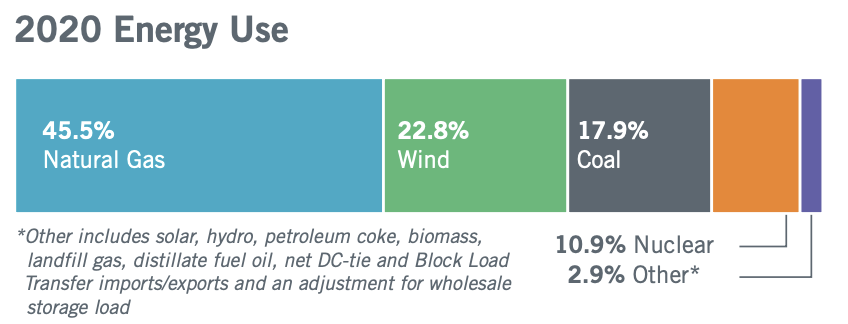
So many of the misleading narratives about the #TexasBlackout are missing a fundamental understanding of our electric power supply, and its mutual vulnerabilities with our gas systems. We're facing an _energy systems_ crisis, not just an electricity crisis.

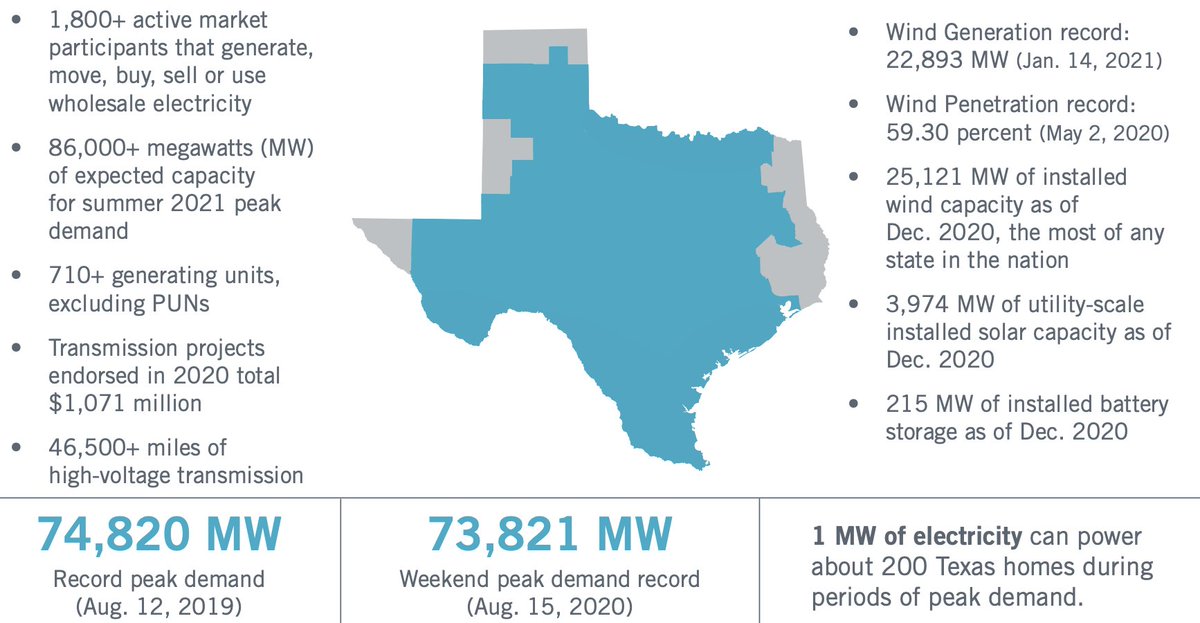
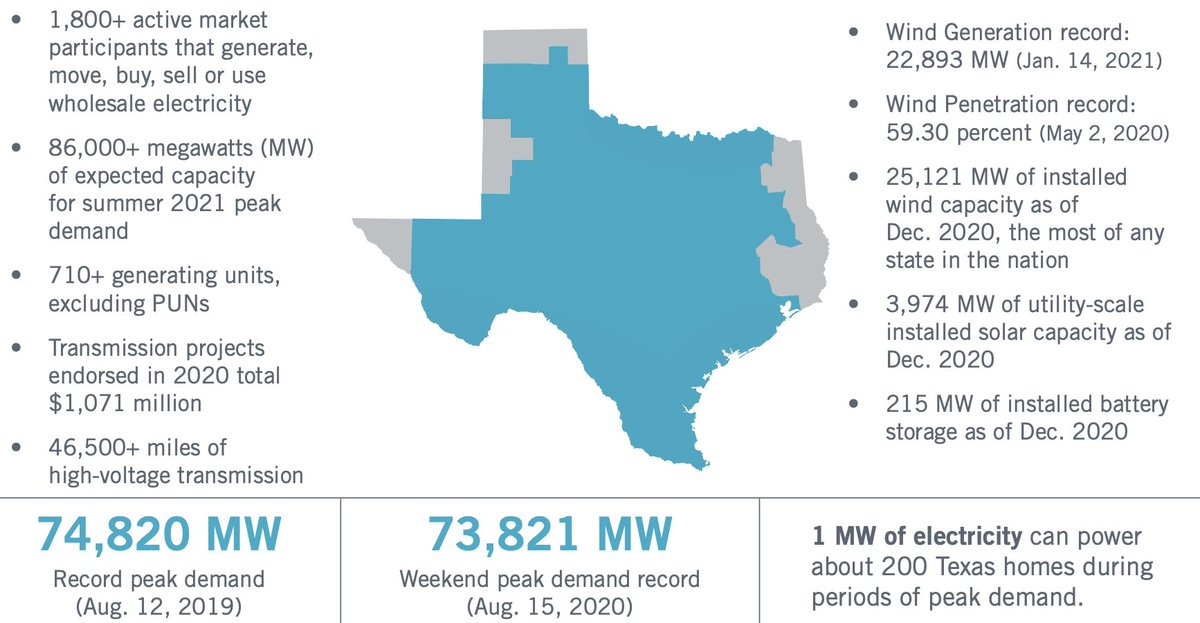
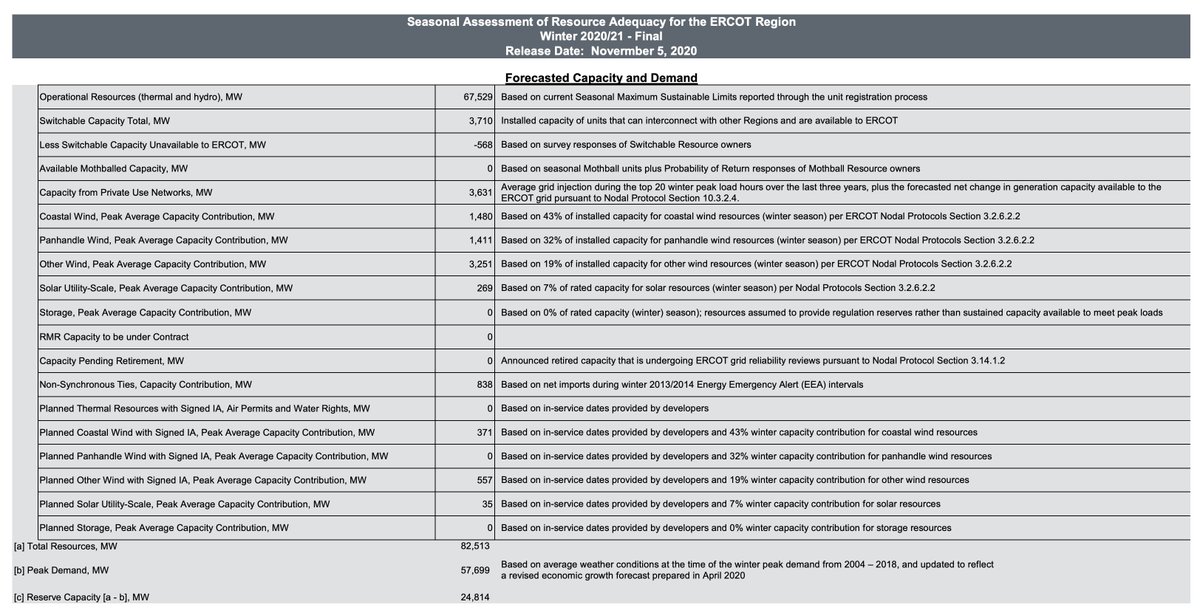
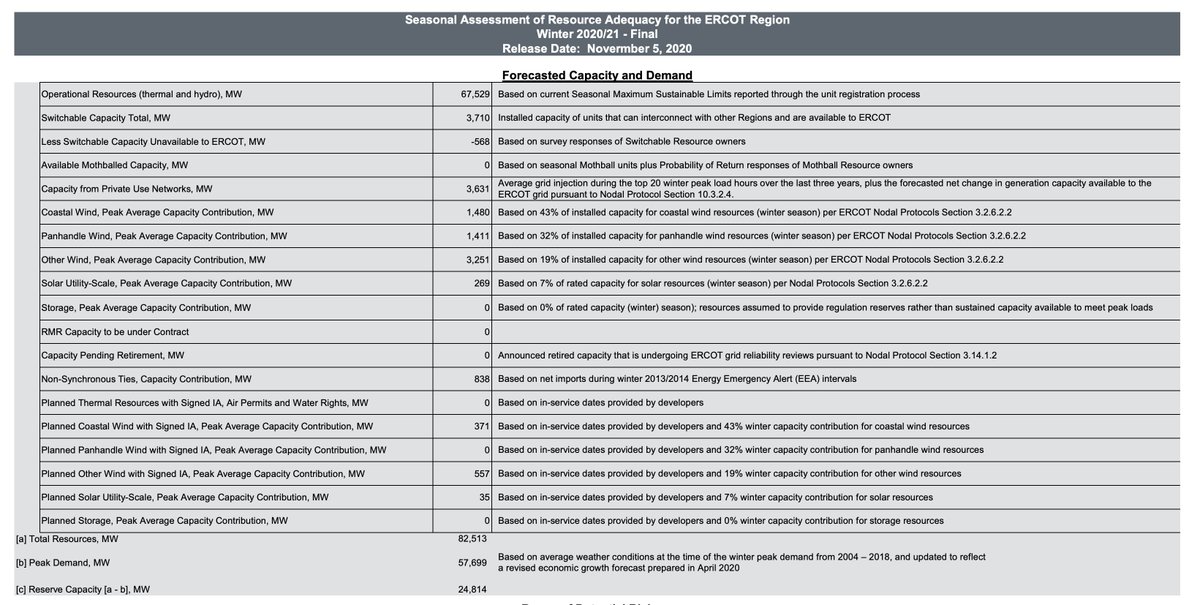
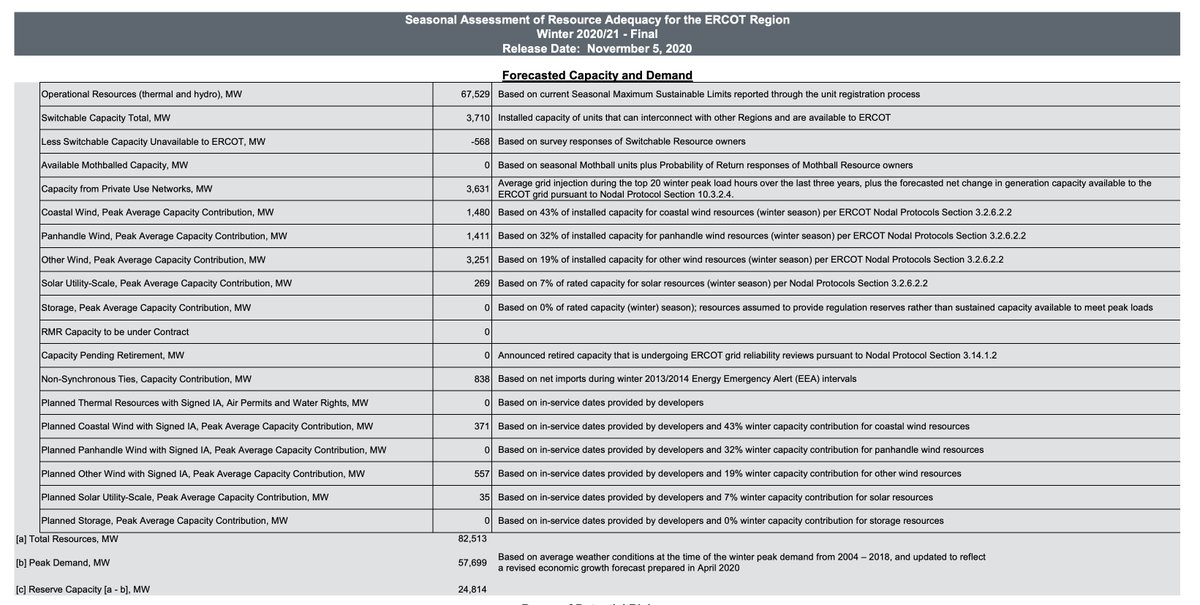
Again, all of their estimates are publicly available. https://t.co/y6ueMSsmCm

https://t.co/uAOzaSTLFQ
ERCOT realized not every winter is typical, so it planned for several what-if scenarios and associated potential risks.
— Daniel Cohan (@cohan_ds) February 17, 2021
Again, all of their estimates are publicly available. https://t.co/y6ueMSsmCm pic.twitter.com/BxexLTN1r1
ERCOT realized not every winter is typical, so it planned for several what-if scenarios and associated potential risks.
— Daniel Cohan (@cohan_ds) February 17, 2021
Again, all of their estimates are publicly available. https://t.co/y6ueMSsmCm pic.twitter.com/BxexLTN1r1
https://t.co/uAOzaSTLFQ
ERCOT realized not every winter is typical, so it planned for several what-if scenarios and associated potential risks.
— Daniel Cohan (@cohan_ds) February 17, 2021
Again, all of their estimates are publicly available. https://t.co/y6ueMSsmCm pic.twitter.com/BxexLTN1r1
In an otherwise misleading thread, the congressman makes a crucial point. Natural gas faces uniquely systemic vulnerabilities no matter how well individual power plants are maintained, by relying upon continuous supply of a fuel that\u2019s also needed for heat. https://t.co/MIa3elh6jH
— Daniel Cohan (@cohan_ds) February 17, 2021
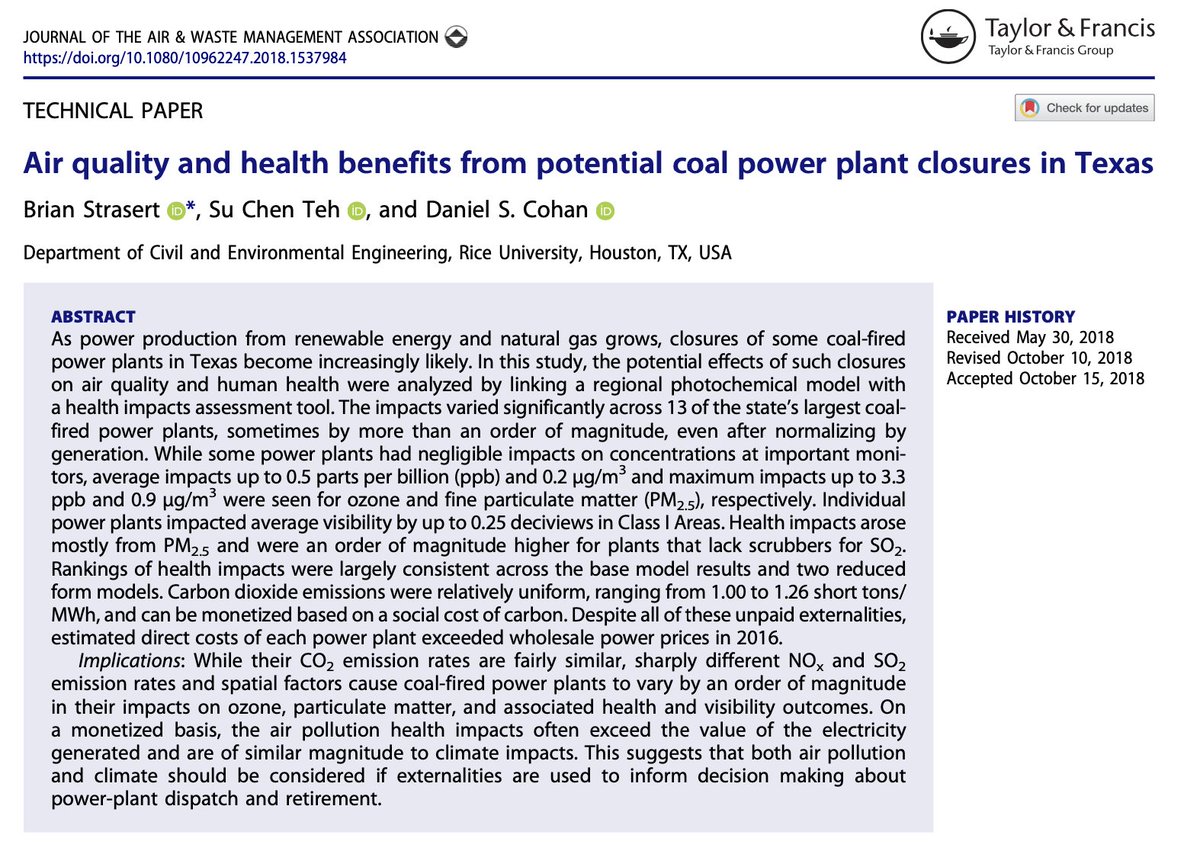
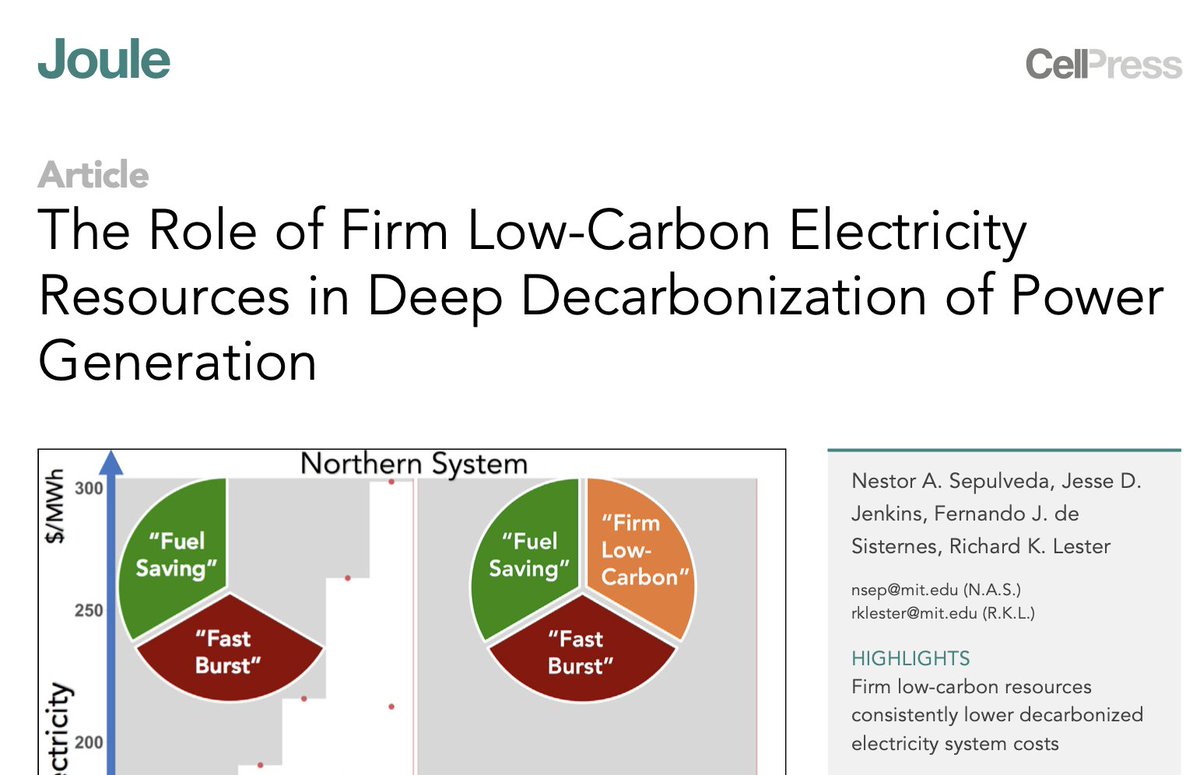
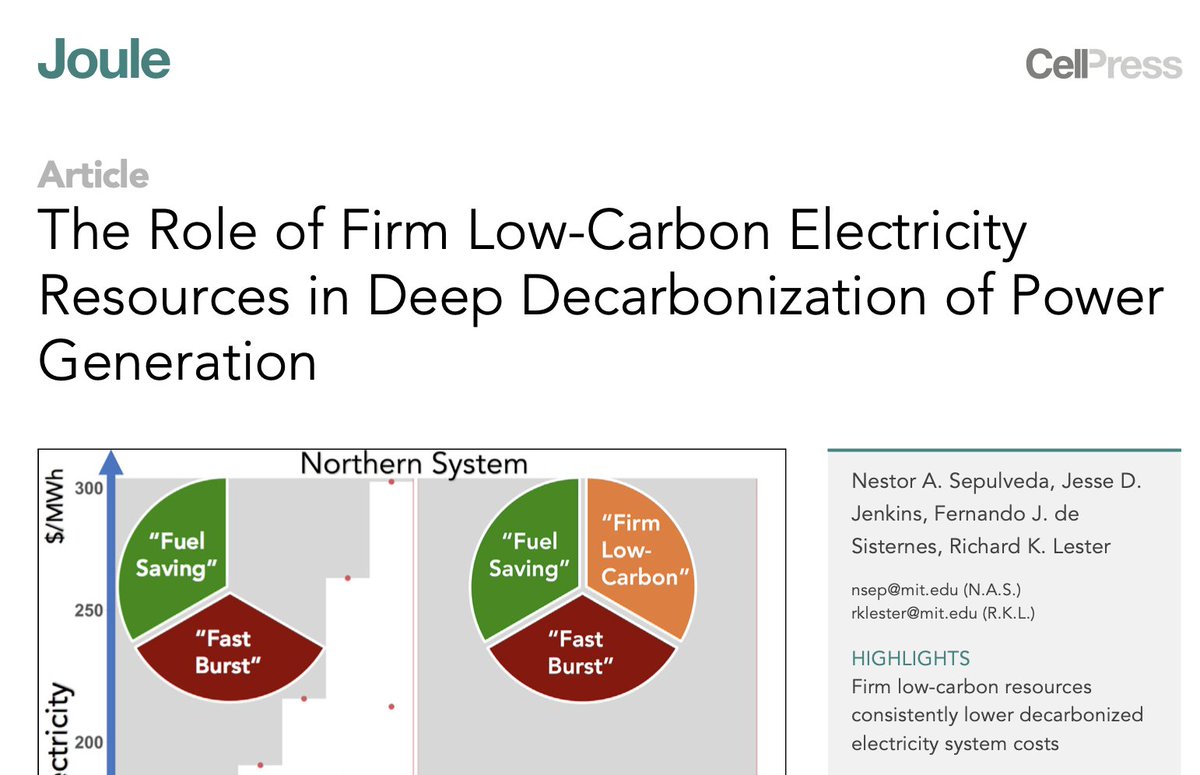
https://t.co/FepgE074i0
To understand why, we can begin by seeing how ERCOT generates power on average. Nearly half is from gas. Wind topped coal last year for the first time. We have just 4 nuclear units, little hydro, and solar soaring from a small base. pic.twitter.com/1Wba2O3Bfd
— Daniel Cohan (@cohan_ds) February 17, 2021
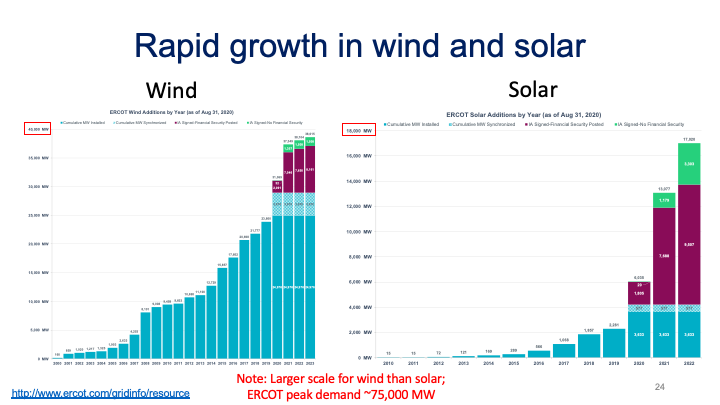
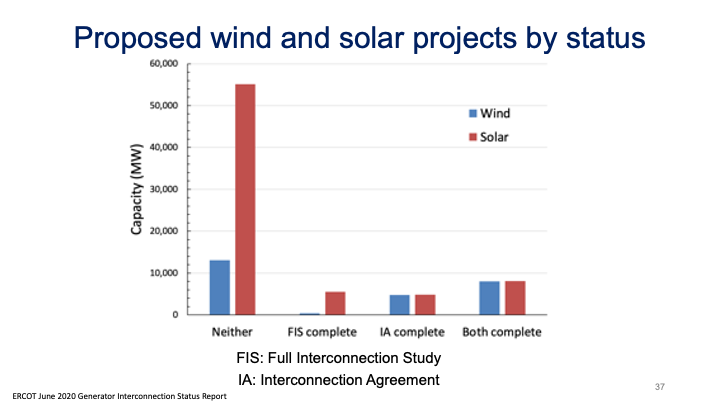
https://t.co/FepgE074i0
To understand why, we can begin by seeing how ERCOT generates power on average. Nearly half is from gas. Wind topped coal last year for the first time. We have just 4 nuclear units, little hydro, and solar soaring from a small base. pic.twitter.com/1Wba2O3Bfd
— Daniel Cohan (@cohan_ds) February 17, 2021
You May Also Like
Unfortunately the "This work includes the identification of viral sequences in bat samples, and has resulted in the isolation of three bat SARS-related coronaviruses that are now used as reagents to test therapeutics and vaccines." were BEFORE the

chimeric infectious clone grants were there.https://t.co/DAArwFkz6v is in 2017, Rs4231.
https://t.co/UgXygDjYbW is in 2016, RsSHC014 and RsWIV16.
https://t.co/krO69CsJ94 is in 2013, RsWIV1. notice that this is before the beginning of the project
starting in 2016. Also remember that they told about only 3 isolates/live viruses. RsSHC014 is a live infectious clone that is just as alive as those other "Isolates".
P.D. somehow is able to use funds that he have yet recieved yet, and send results and sequences from late 2019 back in time into 2015,2013 and 2016!
https://t.co/4wC7k1Lh54 Ref 3: Why ALL your pangolin samples were PCR negative? to avoid deep sequencing and accidentally reveal Paguma Larvata and Oryctolagus Cuniculus?





